By Daily Sports on November 22, 2016

In the rich history of football, there are not many names that are synonymous with goalscoring. Former Argentinian striker Gabriel Batistuta is unquestionably one of them, having racked up 348 goals in a 17-year career in which he ran out for Newell’s Old Boys, River Plate, Boca Juniors, Fiorentina, Roma, Internazionale and Al-Arabi, not to mention his country. Up until June this year, when he was overtaken by Lionel Messi, Batistuta was La Albiceleste’s all-time leading marksman with 56 goals – ten of which came in FIFA World Cup matches™.
Teaming up with Marco van Basten and Marta, Batistuta formed part of the very eminent panel that selected the ten goals in the running for the 2016 FIFA Puskás Award, which will be presented in Zurich on 9 January along with The Best FIFA Football Awards™. The winner of the accolade will be chosen by fans, with voting set to get under way soon.
The leading scorer in the history of the Italian league with 242 goals between 1991 and 2003, Bati met up with FIFA.com in his home town of Reconquista, nearly 800 kilometres from the Argentinian capital Buenos Aires, to talk about the Puskás Award, The Best ceremony and the secrets to being a great striker.
FIFA.com: How did you feel about sitting on that panel with goalscorers of the calibre of Van Basten and Marta?
Gabriel Batistuta: Happy. I’ve admired them, and I played against Marco, but not Marta, obviously (laughs). I admire them and I’ve followed their careers closely. It’s great to be involved in something like this with them because it means I did something good too.
How much does having a panel of experts choose the contenders for the FIFA Puskás Award add to its prestige?
A lot. I watched the goals and I knew, before the player kicked the ball, what was going to happen. We have a different view on it and we understand the context and the things that someone who hasn’t played the game can’t see. You see how good the goal really is, and how much it owes to luck. It gives the award more credibility.
What criteria did you use in choosing the ten goals the fans will vote for?
First, I look at the intent and then the opposition. It’s hard to try a feint in the World Cup final with ten minutes to go, but it’s easier to nutmeg someone when you’re playing the bottom team in the table and the game’s deep into injury time. Both are nice, but the match situation is important. In one game, you might try to do more things, and in another, you don’t because of the context, because you can’t or because the opposition doesn’t let you. You know those things because you’ve played the game and felt them at some stage.
What’s your view on getting the fans more involved in choosing the winners of the men’s and women’s players and coaches awards?
Football wouldn’t be what it is without the fans, so I think it’s great that they have a say. We ask them to go to games and to behave in a certain way, so it’s a good idea to get them involved, though you don’t know how impartial they’re going to be. They’re fans after all! But that’s what makes it fun too. There’s going to be a lot of people taking part and it’s going to add to the award. I think the players are going to like it more.
Who are your favourites for The Best of 2016 awards?
For the coach award, it’s (Diego) Cholo Simeone and Pep Guardiola for me. They keep winning things and they stick to their principles. They’re opposites, but I like the fact that they stick to their ideas and that they act on them, because they’ve both had great results.
And the Best FIFA Player?
It’s an annual award but it involves something of a contradiction. Generally speaking, players are associated with teams and Messi didn’t win much this year, though he was perhaps the best player in the world. I’d give it to him: he’s the undisputed number one. Cristiano’s up there, but he’s not Messi. He’s an amazing athlete and he’s got the kind of head on him that every player should have. The fact is, though, that Messi wins more games than he does. Ronaldo is a terrific goalscorer, but so’s Messi. And he brings other players into the game too.
Are goalscorers as important today as they were when you were playing?
They’re just as important; they win games for you. Any team with a goalscorer is well on the way to getting a result because they can win a match for you just like that. It’s easier to create a goalkeeper or a central defender than a goalscorer. You can teach a central defender about movement, about staying tight on the striker. You can teach them 98 per cent of the things they have to do. You can teach a striker lots of things too, but you can’t teach them timing. Only strikers have a feel for timing, and that’s what you pay for.
Instinct is another thing that separates some strikers from others: the strikers that score goals and the strikers that don’t. Is that another thing that you can’t teach?
You can tell strikers to go to the far post when the defender is at the near post, or to pull the defender to the far post and then hit the near when the cross comes in. That’s fine, but you have to know exactly when to do it. There’s a kind of ‘momentum’ that you just can’t teach. You’ve either got it or you haven’t.
Who’s your favourite striker in the game today?
Luis Suarez. He’s got a good head on him, he battles for every ball, he fights and he causes you problems the whole time. He does a lot of work for his team-mates that you perhaps don’t see as much, and he scores goals too. And if he doesn’t, then he’s pulling defenders away. Some strikers come into the game when they score, but there are others who make the difference even when they’re not scoring because they’re pulling the defence all over the place. That’s what Suarez does. I did more or less the same thing. I like (Gonzalo) Pipa Higuain too.
When it comes to chances falling to strikers in big games, you’ll see some hit the post and others who’ll put the chance away. Why is that? Some people call it luck but it’s more than that surely.
I’m no scientist but it’s all in the mind. It’s a combination of using your head, intelligence and motor skills. It just can’t be that the same players keep having the same luck in certain situations. It’s not luck. When you miss a couple of chances, it’s only natural that it impacts on you negatively. You start thinking that the ball’s never going to go in. You’ve got time to think and there are two million negative things going through your mind.
So there’s more to it than instinct.
Absolutely. Goalscorers tend to end their bad runs from corners or rebounds, in ways you don’t necessarily expect: bang, goal and that’s it. And that’s when you start to think positively again. It’s a key mental aspect, and I’d love to write a book about it. You can’t help but think negatively sometimes, but there are ways in which you can think more positively and keep the negative thoughts away. When I was 18, I was in my hometown and going nowhere, but it was a mental process that I learned. When it comes to the really big moments, you have to use your head more than your body. Your body’s nothing without your head. (fifa.com)
•Photo shows Gabriel Batistuta
Source Daily Sports
Posted November 21, 2016
You may also like...

I Can Discover Ballon d’Or Winners In Nigeria...

Balogun Joins Aribo in Rangers

Chukwueze Grabs Assist In Villarreal Win

Obafemi Martins donates 200 wheel chairs, 3,240 crutches,...

Aubameyang scores twice as Arsenal open Europa League...

Sancho And Dortmund Teammate Akanji Fined For Home...

_9.jpg) NPFL: Rangers win big as Nasarawa shock Abia
NPFL: Rangers win big as Nasarawa shock Abia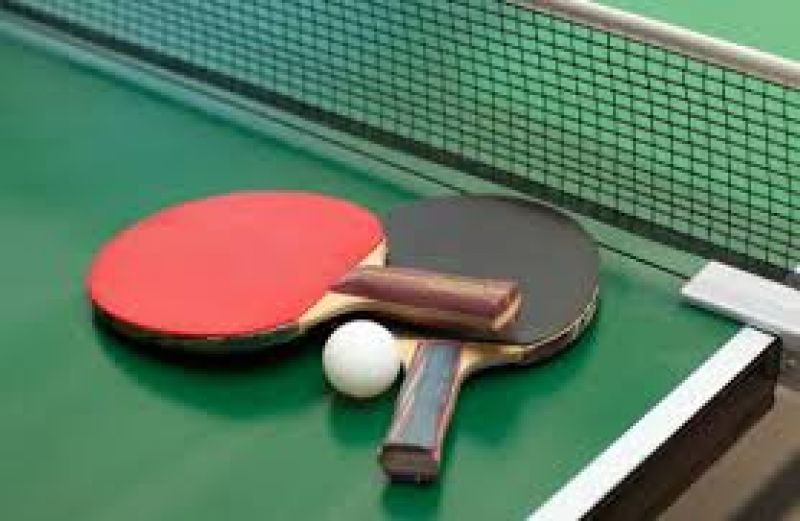 Nigeria know World Table Tennis Champs foes today
Nigeria know World Table Tennis Champs foes today Bayelsa athletics boss Oredipe maps out dev plans
Bayelsa athletics boss Oredipe maps out dev plans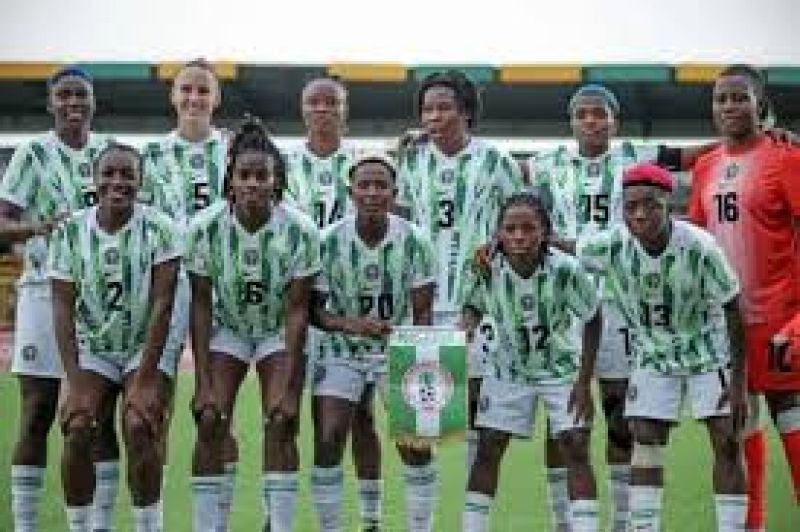 Falcons stars dominate IFFHS Africa XI
Falcons stars dominate IFFHS Africa XI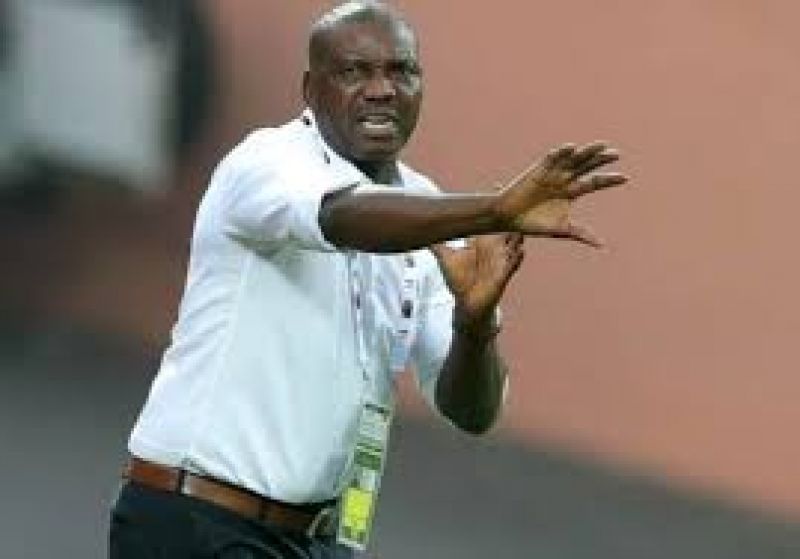 Eguavoen backs NPFL talents for Nigeria squad despite CHAN failure
Eguavoen backs NPFL talents for Nigeria squad despite CHAN failure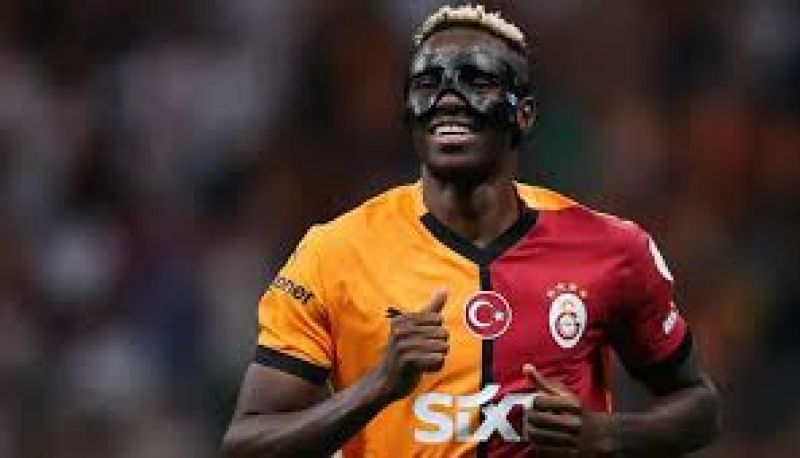 He’s very strong, Simeone returns Osimhen praise
He’s very strong, Simeone returns Osimhen praise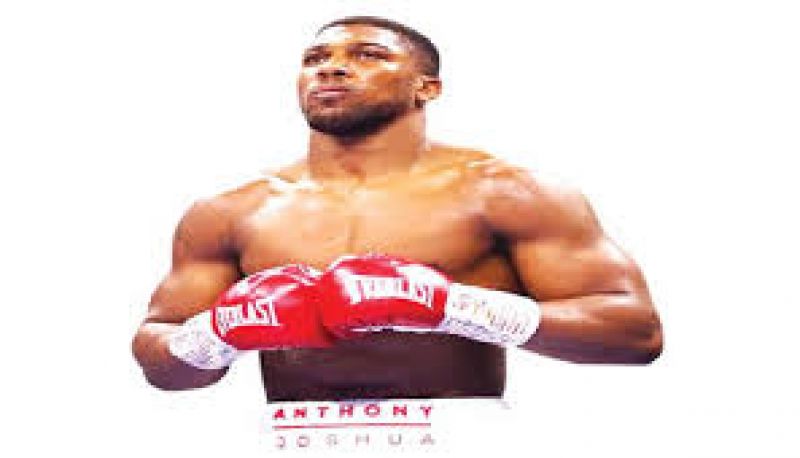 Joshua boxing return still uncertain
Joshua boxing return still uncertain NBA star Bane eyes Nigeria switch
NBA star Bane eyes Nigeria switch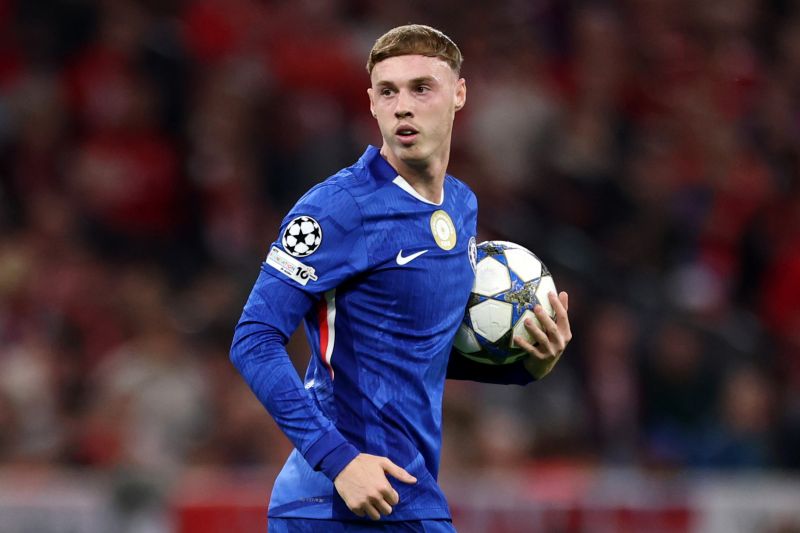 Palmer 'very, very happy' at Chelsea, says Rosenior
Palmer 'very, very happy' at Chelsea, says Rosenior_2.jpeg) AFCON 2025: VAR recording discloses what referee said before Morocco's penalty miss against Senegal
AFCON 2025: VAR recording discloses what referee said before Morocco's penalty miss against Senegal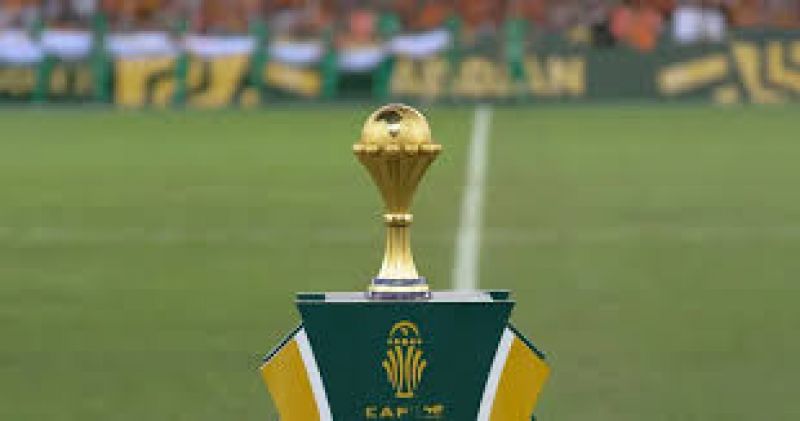 AFCON 2025 highlights: World-class stadiums, VAR drama, record attendance
AFCON 2025 highlights: World-class stadiums, VAR drama, record attendance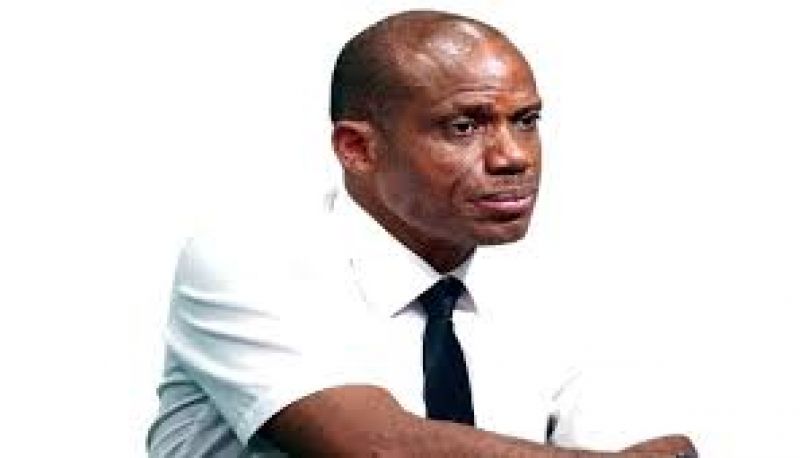 Oliseh slams Osimhen for costing Eagles’ AFCON trophy
Oliseh slams Osimhen for costing Eagles’ AFCON trophy Rangers International going, going . . . (63,494 views)
Rangers International going, going . . . (63,494 views) Amaju Pinnick: A cat with nine lives (54,788 views)
Amaju Pinnick: A cat with nine lives (54,788 views) Second Term: Amaju Pinnick, Other NFF Heavyweights Home to Roost •How Pinnick Broke the Jinx (52,684 views)
Second Term: Amaju Pinnick, Other NFF Heavyweights Home to Roost •How Pinnick Broke the Jinx (52,684 views) Current issues in Nigerian sports: Matters arising (52,344 views)
Current issues in Nigerian sports: Matters arising (52,344 views) Sports Development: Zenith Bank on the zenith (52,277 views)
Sports Development: Zenith Bank on the zenith (52,277 views) Missing $150,000 IAAF Grant: Solomon Dalung’s Hide and Seek game (52,187 views)
Missing $150,000 IAAF Grant: Solomon Dalung’s Hide and Seek game (52,187 views) Gov. Abdullahi Ganduje’s solid footprints, commitment to sports development in Kano State (52,054 views)
Gov. Abdullahi Ganduje’s solid footprints, commitment to sports development in Kano State (52,054 views) NFF Presidency: Pinnick, Maigari, Ogunjobi, Okoye in Battle for Supremacy (51,608 views)
NFF Presidency: Pinnick, Maigari, Ogunjobi, Okoye in Battle for Supremacy (51,608 views) Olopade, BET9A wave of revolution in NNL (50,787 views)
Olopade, BET9A wave of revolution in NNL (50,787 views) Commonwealth Games 2018: Shame of Muhammadu Buhari, Solomon Dalung (49,314 views)
Commonwealth Games 2018: Shame of Muhammadu Buhari, Solomon Dalung (49,314 views) Ibrahimovic’s Man U exit: Whose decision is it? And in whose interest? (47,704 views)
Ibrahimovic’s Man U exit: Whose decision is it? And in whose interest? (47,704 views) John Mikel Obi: Segun Odegbami’s Outrageous Call! (47,172 views)
John Mikel Obi: Segun Odegbami’s Outrageous Call! (47,172 views)